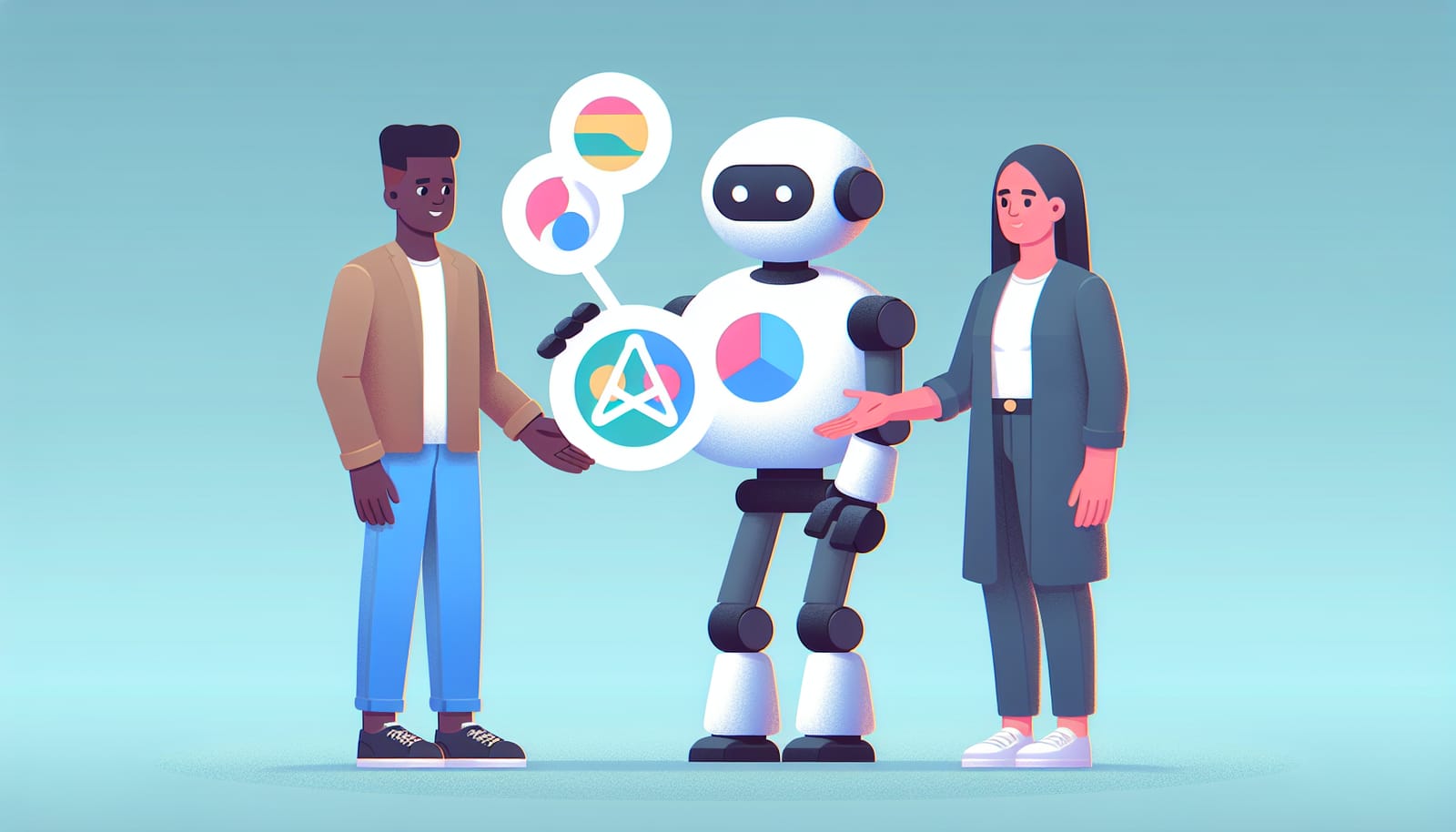Artificial Intelligence (AI) is becoming a big part of our lives, from chatbots answering our questions to algorithms recommending movies and music. But what happens when we ask AI to engage in something ethical? Ethics in AI is a fascinating topic that invites us to think deeply about how technology interacts with our moral values. In this article, we will explore the ethical capabilities of AI, the challenges it faces, and how it can work in harmony with human values.
Understanding AI and Ethics
Before diving into the ethical aspects, let’s break down what AI is. At its core, AI is a type of technology designed to mimic human intelligence. It can learn, reason, and make decisions based on data. However, as we teach AI to act like us, we also need to consider the ethical implications of its actions.
Ethics is a set of principles that guide us in determining what is right and wrong. When it comes to AI, ethical considerations might include fairness, accountability, and transparency. These principles help ensure that AI systems do not discriminate against certain groups, make decisions without human oversight, or operate in a way that is difficult for people to understand.
For example, if an AI system is used to screen job applicants, it must be designed to treat all candidates fairly, without bias. This brings us to an important question: Can AI truly understand ethics?
Can AI Understand Ethics?
AI cannot think or feel like humans do. It doesn’t have emotions or a moral compass. Instead, it processes information based on algorithms and data. However, we can program AI to follow ethical guidelines. This means we can teach AI to make decisions aligned with our values, even if it does not inherently understand those values.
Imagine a robot designed to help in a community kitchen. If it is programmed to prioritize giving food to those in need, it operates ethically within a framework that we, as humans, have set for it.
The Role of Humans in Ethical AI
While AI can assist in making ethical decisions, it is essential to remember that humans are ultimately responsible for guiding its actions. Developers, policymakers, and users play crucial roles in shaping how AI behaves.
For instance, when creating an AI system, developers must ensure that the data it learns from is free from bias. This requires careful consideration of the sources of data and the potential impact of those choices. If an AI learns from biased data, it may produce biased outcomes, leading to ethical dilemmas.
One famous case involved a hiring algorithm that favored male candidates because it had been trained on data from a predominantly male workforce. The solution? Adjusting the data and the algorithm to ensure fairness.
Examples of Ethical AI in Action
AI can be a powerful ally in promoting ethical behavior in various areas. Here are a few examples where AI has been successfully used:
Healthcare: AI can help doctors make better decisions by analyzing patient data and suggesting treatments based on the latest research. For example, AI algorithms can analyze medical images to detect diseases like cancer earlier and more accurately than human eyes alone.
Environmental Conservation: AI is used to monitor wildlife populations and track illegal poaching activities. By analyzing data from various sources, it can help organizations protect endangered species and maintain biodiversity.
Education: AI can personalize learning experiences for students. By understanding each student’s strengths and weaknesses, AI can tailor lessons to ensure everyone has the opportunity to learn effectively.
The Challenges of Ethical AI
Despite the exciting potential of ethical AI, there are challenges to overcome. One of the biggest issues is the lack of universal ethical standards. Different cultures and societies have varying beliefs about what is considered ethical. This creates a complex landscape for developers who aim to create AI that is fair and just for everyone.
Additionally, the rapid pace of technological advancement often outstrips our ability to adapt our ethical guidelines. This can lead to situations where AI systems operate in ways that we did not anticipate, raising new ethical concerns that we must address swiftly.
The Future of Ethical AI
As we move forward, the conversation about ethical AI will only grow more important. There are ongoing efforts to establish frameworks for ethical AI development. Governments, organizations, and researchers are coming together to create guidelines that promote fairness, accountability, and transparency in AI systems.
Moreover, educating the next generation about AI ethics is crucial. As children grow up in an increasingly AI-driven world, teaching them about the implications of technology and the importance of ethics will empower them to make informed decisions.
Imagine a future where children learn to work alongside AI, ensuring that their creations are not only innovative but also ethical and just. This is the world we can aspire to build.
Asking AI to engage in ethical actions is not just about programming it to follow rules; it’s about embedding our values into the technology we create. While AI may never fully grasp the nuances of ethics, it can certainly be designed to reflect our moral principles. The responsibility lies with us—humans must guide AI towards paths that enhance our lives while upholding fairness, accountability, and transparency.
The journey of ethical AI is ongoing, and by engaging in conversations, educating ourselves, and collaborating, we can ensure that AI becomes a force for good in the world. Whether it’s in healthcare, education, or environmental conservation, the potential for AI to act ethically is vast and inspiring.
Let’s embrace the future with an open mind and a commitment to ethical AI that serves humanity well!


